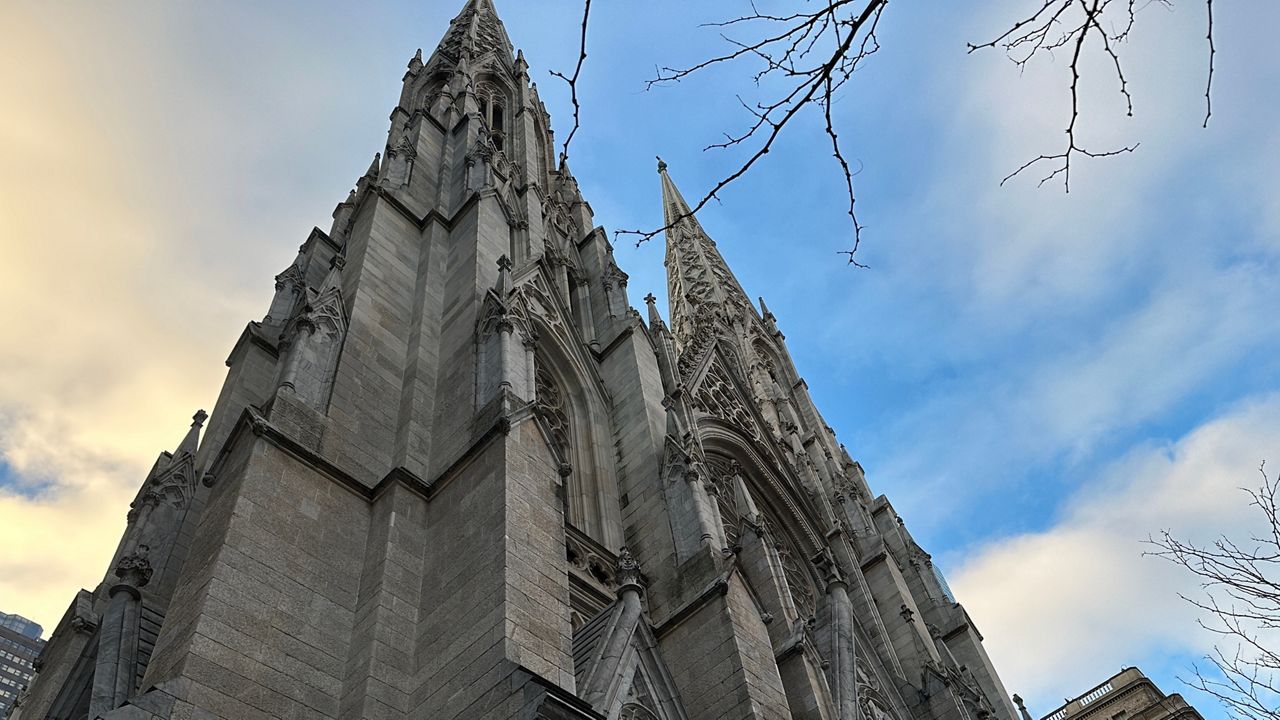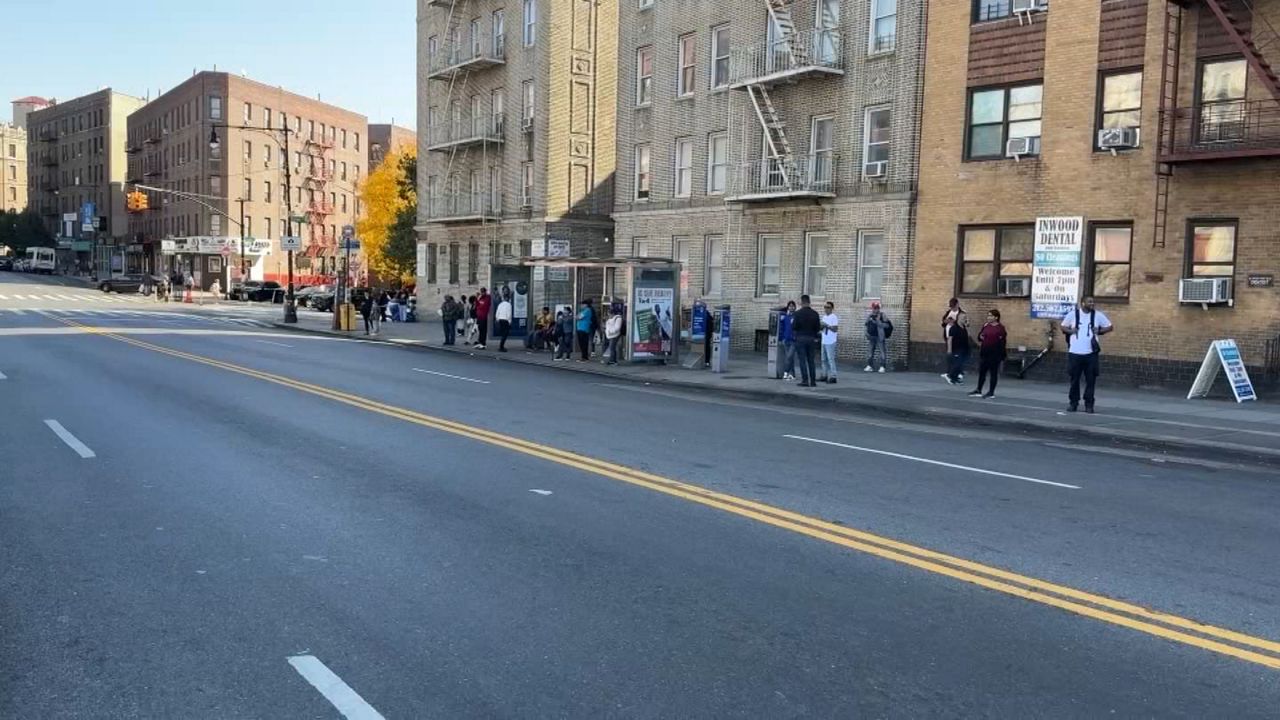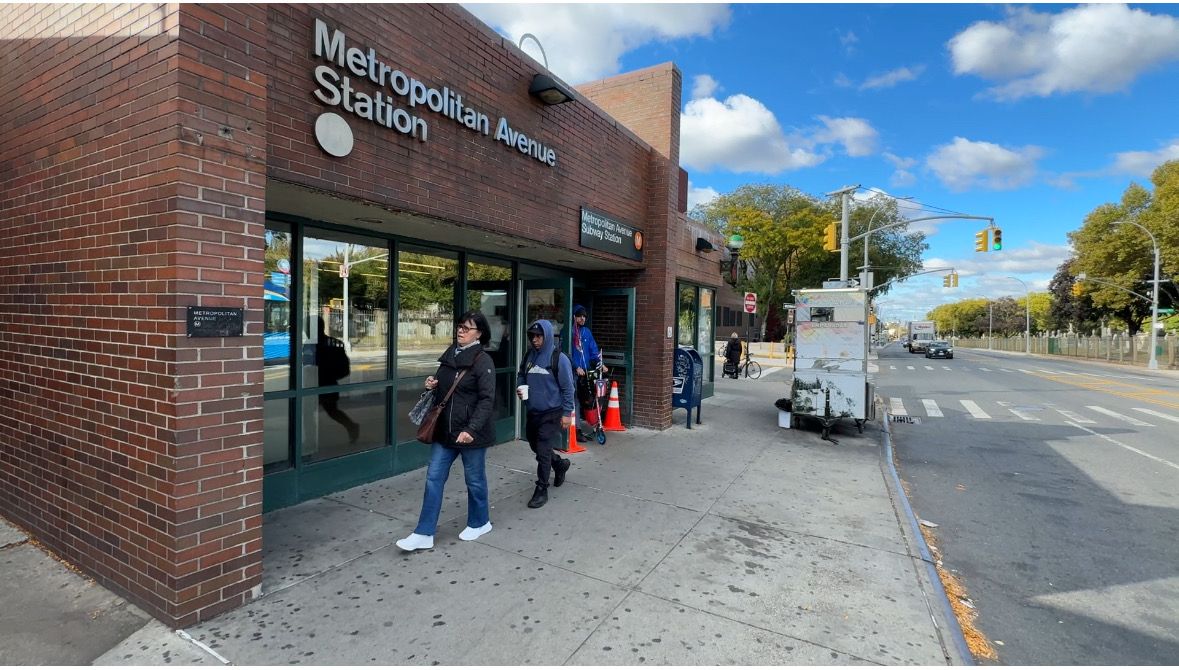The New York State Supreme Court was established in 1691. For hundreds of years, it was an elite club where only white men wore black robes.
Then, in 1935, Justine Wise Polier became the first woman judge in New York. She was appointed to Family Court by Mayor Fiorella LaGuardia.
For 38 years, Polier, the daughter of a prominent rabbi, was known as a “fighting judge” because of her outspoken views for equal rights.
In the decades since, pioneering women judges have steadily made progress in the legal system here in New York: Today, 45% of Supreme Court judges are women, according to the Unified Court System.
And on Jan. 1, 2023 there was another breakthrough on the bench: Justice Wavny Toussaint was named to serve as the new presiding justice of the Appellate Term of the Supreme Court. She is the first woman and the first person of color in her position.
Born in Trinidad, she said she is living the American Dream.
“I am a trailblazer, but I acknowledge that I stand on the shoulders of many who worked over many years to make sure that this door would be open so that I could step up and fill it," she said.
For the first time in New York state history, Judge Wavny Toussaint presides over an all-female court of the Appellate term. The 2nd, 11th, and 13th Judicial Districts cover Brooklyn, Queens, and Staten Island, what many insiders call a judicial powerhouse.
"When I look back as a child growing up in Trinidad, who would have imagined that?” Judge Toussaint added.
Judge Cheree Buggs is proud to be part of this historic bench. Growing up in southeast Queens, the associate justice said she is still a powerful force in the community.
"I would wonder why anyone would be surprised that we have five educated, intelligent, smart women, why anyone would be shocked that we can work together well. We are the people’s appellate court,” Judge Buggs said.
Growing up on Staten Island, Judge Marina Cora Mundy has seen firsthand the under-representation of women in the legal system.
"When I was elected to Supreme Court on Staten Island, I was asked to sit on the Criminal Term and I was asked because I was going to be the first woman to sit on the Criminal Term on Staten Island in the whole history. At first, I truly could not believe that could be true in 2019,” Judge Mundy said.
The historic appointment of Supreme Court Justice Kentanji Brown Jackson as the first Black woman on the nation’s high court is also an inspiration for this bench.
The Honorable Lisa Ottley explained why: "The power of this sisterhood -- what we know and our history -- we have such a wealth of experience and knowledge in different areas of the law. That’s what makes this bench one of the best benches. This is an important history. This bench is important and little girls, little boys, young attorneys, women and men they need to see this and understand why it’s important,” she said.
Judge Lourdes Ventura made history as the first Hispanic woman on this bench for the Appellate Term. She credits her Dominican roots for giving her the strength to persevere.
"I used my great grandfather’s bible from the Dominican Republic, which is over 100 years old, to be sworn in,” Judge Ventura said “Because I couldn’t imagine that he would have imagined that he would have children and grandchildren in the United States, so to me that was important to continue to give him homage.”
“That bible meant he had faith. So I know that he felt that his family could succeed,” she added.
"When I learned that it was going to be an all-woman bench, I remember at home telling my kids – I have teenage sons – mommy was going to be part of an all-women bench, and my younger son immediately said, ‘Is that fair?’” Ventura recalled, laughing to herself. “And I was taken back a little because it’s been the other way forever.”
These five jurists are charting a new future for the next generation with a clear message: Let the women be the judge.







_Dnt_AI_)

